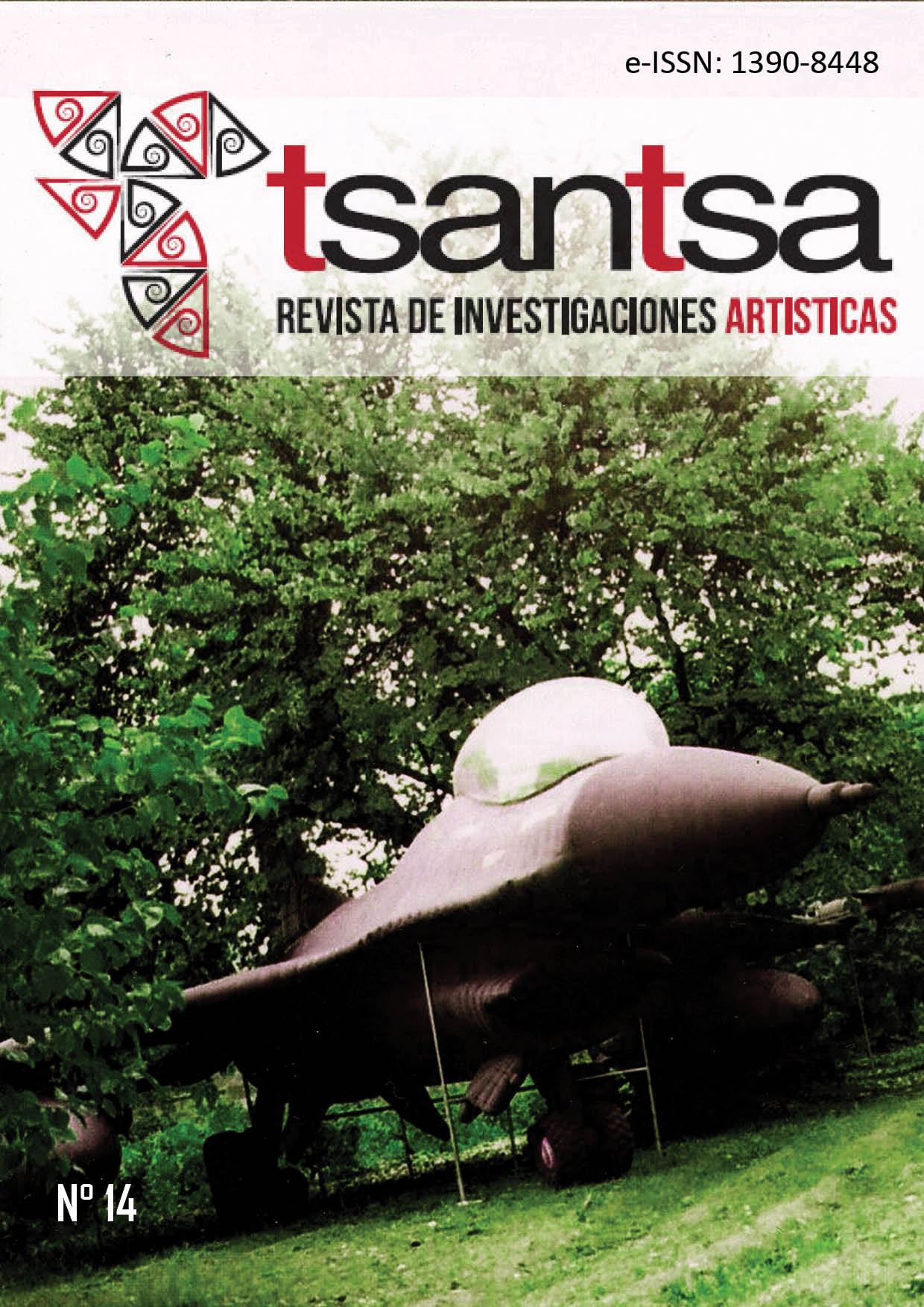The Vygotskian Theory and the Musical Pedagogical Method of Karl Orff: Actuality of the Proposal
DOI:
https://doi.org/10.18537/tria.14.01.04Abstract
The educational paradigms of Psychology together with the active school movements have influenced the birth of a variety of musical pedagogical methods. Violeta Hemsy de Gainza identifies six periods in the emergence of didactic-musical proposals, born in 1900 with the Chevais method to the contemporary methods of the end of the 20th century, passing through the methods of Jacques Dalcroze, Martenot, Willems, Kodaly, Orff or Suzuki. This work aims to address the approach of L.S. Vygotsky, who is credited with the birth of the constructivist educational paradigm, whose principles are identified with the pedagogical method of the German composer Carl Orff; It is selected because it considers the socio-cultural field (inter and multicultural for musical practice), the development of language, tradition and, the application of the game as a creative recreational tool in the zone of proximal development, own approaches to the theory of Vygotsky.
KEYWORDS: Vygotski, musical pedagogical methods, constructivism, language, playful.
Downloads
References
Corral, R. (2001). El concepto de Zona de Desarrollo Próximo. Una Interpretación. Revista Cubana de Psicología, 18 (1), 72-77.
Gainza, V. H. (2004). La Educación Musical en el siglo XX. Revista Musical Chilena (201), 74-81.
Graetzer, G. y Yepes, A. (1961). Introducción a la práctica del Orff - Schulwerk (3a. ed.). Buenos Aires, Argentina: Barry.
Martínez, F. G. (2005). Teorías del Desarrollo Cognitivo. Madrid: McGraw-Hill.
Samper, J. D. (2014). ¿Cómo diseñar un currículo por competencias? Fundamentos, lineamientos y estrategias. Bogotá: Magisterio.
Sánchez, A. y Sánchez, M. (1996). Iniciación Musical. Audioperceptiva para niños de 7 a 11 años. Tesis, Universidad del Azuay, Biblioteca, Cuenca.
Unesco. (2006). Hoja de Ruta para la Educación Artística. En Unesco (Ed.), Conferencia Mundial sobre la Educación Artística: construir capacidades creativas para el siglo XXI. Lisboa: UNESCO.
Vygotski, L. S. (1979). El desarrollo de los procesos psicológicos superiores. (V. J.-S. Michael Cole, Ed., & S. Furió, Trad.) Barcelona, España: Grijalbo.
ANEXOS
Anexo No. 1. Contenido del CD.
Leyenda: “El cura sin cabeza” Paúl Ávila
Leyenda “La caja ronca” Iván Barros
Leyenda: “La mama huaca” Andrea Lojano
Leyenda: “La viuda del farol” Erika Sánchez
Leyenda: “Un invierno que dejó huellas” Adrián Ruque
En: https://drive.google.com/drive/folders/1nV3bVi2wTpCjDIcZyJagDhgTTslUgKlF
Downloads
Published
How to Cite
Issue
Section
License

This work is licensed under a Creative Commons Attribution-NonCommercial-ShareAlike 4.0 International License.



